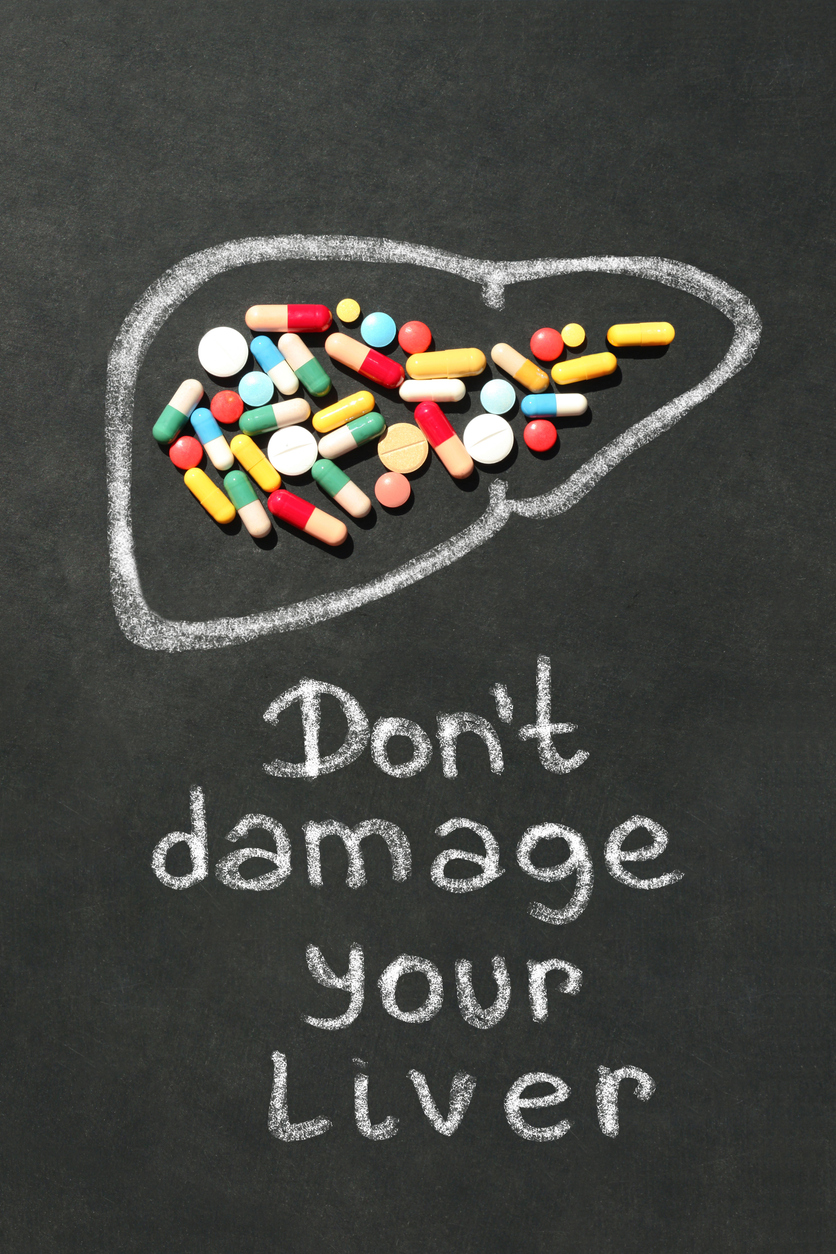Treatments
How Muscle Relaxants May Help Manage Chronic Pain Symptoms

What are muscle relaxants?
Muscle relaxants are a group of medications that have an overall sedative effect, musculoskeletal relaxant properties, and central nervous system depressant. They are prescribed to reduce muscle spasms or muscle spasticity and decrease pain, which can limit mobility. Muscle relaxants also improve muscle movement.
How muscle relaxants work
Muscle relaxants relax or reduce tension in the muscles. Some work in the brain or spinal cord to block hyper nerve pathways, while others act directly on muscles. They treat two main conditions: muscle spasticity (a continuous muscle spasm that causes tightness) or muscle spasms (sudden, involuntary contractions of a muscle). Muscle relaxants are divided into two categories; antispasmodic and antispastic.
- Antispasmodics treat muscle spasms. They are believed to work by causing a sedative effect or by preventing nerves from sending pain signals to the brain. Examples include carisoprodol, metaxalone and tizanidine. For best outcomes, antispasmodics should be used with rest and physical activity. They should not be used longer than two to three weeks.
- Antispastics treat muscle spasticity. They block nerve signals from the spinal cord, act directly on the skeletal muscle, or increase activity of a specific neurotransmitter. Examples include baclofen, dantrolene and diazepam.
Types of muscle relaxers
Muscle relaxants are classified in three categories, which include the following:
- Neuromuscular blocking agents
- Skeletal muscle relaxants
- Skeletal muscle relaxant combination
Potential side effects
Muscle relaxants should not be used by individuals with liver, kidney or heart problems. Consult a health care professional about any side effects that occur while taking these medications. Potential side effects include, but are not limited to, the following:
- Dizziness
- Drowsiness
- Fatigue
- Weakness
- Difficulty walking
- Nervousness
- Decreased blood pressure
- Headaches
- Lightheadedness
- Muscle weakness
- Dry mouth
- Breathing difficulty
- Upset stomach, nausea, or vomiting
Warnings
Certain muscle relaxants can be habit-forming; therefore, they should be taken exactly as prescribed and for no longer than prescribed. Since muscle relaxants depress the central nervous system (CNS), activities requiring mental alertness and operating heavy machinery should be avoided while taking this medication. Do not take muscle relaxers with the following:
- Alcohol
- CNS depressant drugs, such as opioids
- Sleeping aides
- Herbal supplements
Speak with a health care professional before taking muscle relaxants if any of the following are present:
- 65 years of age or older
- Mental health problem
- Brain disorder
- Liver problems
















